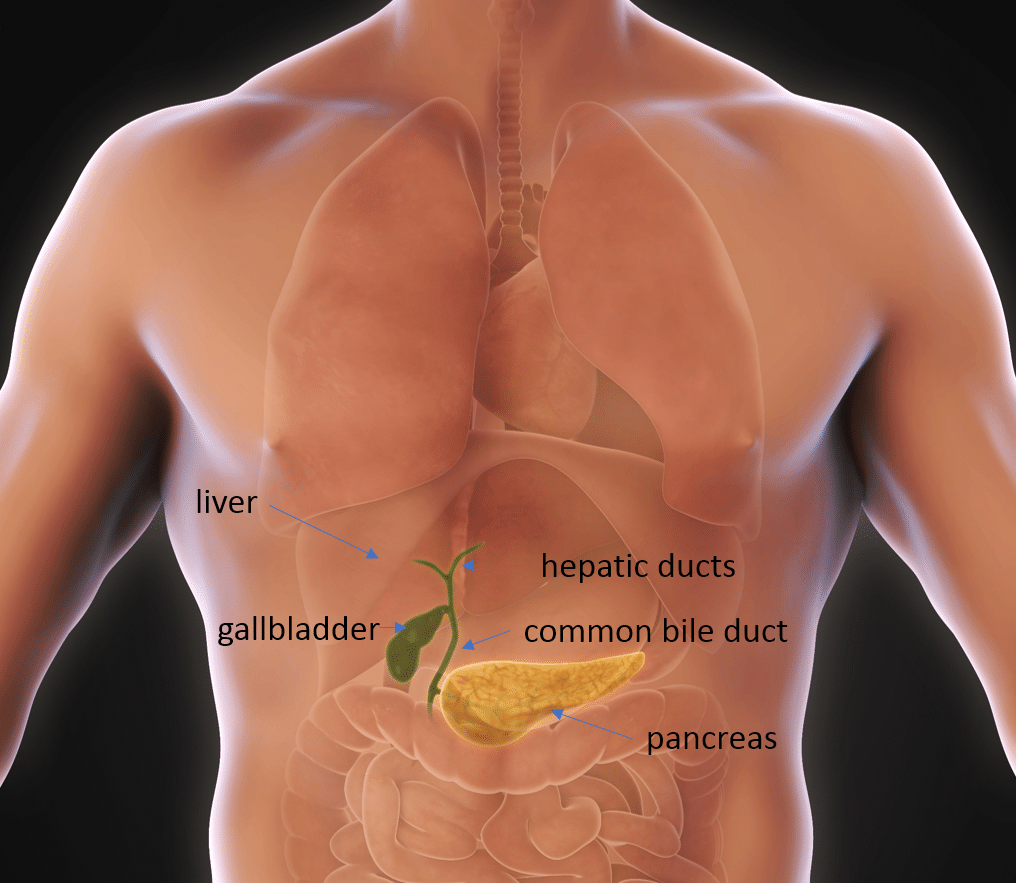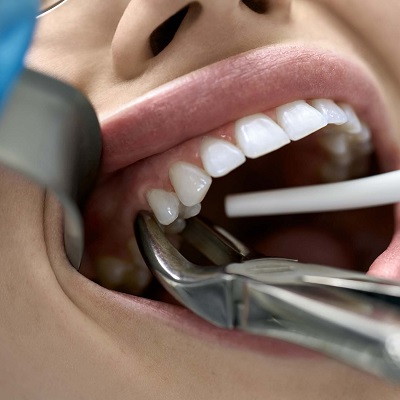Can Gallstones Clear Up on Their Own?

Strong 8k brings an ultra-HD IPTV experience to your living room and your pocket.
Gallstones are hardened deposits that form in the gallbladder, a small organ situated beneath the liver. They can vary in size and composition, leading to a range of symptoms, from mild discomfort to severe abdominal pain. A common question among individuals diagnosed with gallstones is whether these stones can clear up on their own. This article explores the nature of gallstones, the factors influencing their resolution, and the various gallstone treatment in Riyadh (علاج حصوات المرارة في الرياض) options available if they do not clear naturally.
Understanding Gallstones
Gallstones form when there is an imbalance in the substances that make up bile, which is essential for digesting fats. There are two primary types of gallstones:
Types of Gallstones
Cholesterol Gallstones: These are the most common type, primarily composed of hardened cholesterol. They are usually yellow-green in color.
Pigment Gallstones: These stones are smaller and darker and form when there is an excess of bilirubin, a substance produced from the breakdown of red blood cells.
Symptoms of Gallstones
Many individuals may have gallstones without experiencing symptoms, a condition known as "silent" gallstones. However, when symptoms do occur, they can include:
Sudden and intense pain in the upper right abdomen
Pain between the shoulder blades or in the right shoulder
Nausea or vomiting
Indigestion, bloating, or gas
Can Gallstones Resolve Without Treatment?
The Natural Resolution of Gallstones
In some cases, gallstones can indeed resolve on their own. This typically occurs when smaller stones pass through the bile ducts and into the intestines without causing significant obstruction. Factors that can influence whether gallstones will clear on their own include:
Size of the Gallstones: Smaller gallstones (less than 5 millimeters) are more likely to pass naturally than larger ones.
Location of the Gallstones: Stones located within the gallbladder may not cause problems, while those in the bile duct can lead to more severe symptoms and complications.
Symptoms: If symptoms are mild or nonexistent, there may be a chance for the stones to pass without intervention. However, if pain or other symptoms become severe, medical attention is necessary.
Risk Factors for Complications
While some gallstones may clear on their own, there are potential complications that can arise:
Cholecystitis: This condition occurs when a gallstone blocks the cystic duct, leading to inflammation of the gallbladder. Symptoms may include severe pain, fever, and nausea.
Pancreatitis: If a gallstone obstructs the pancreatic duct, it can lead to inflammation of the pancreas, causing severe abdominal pain and digestive issues
Biliary Colic: This is characterized by sudden pain caused by a blockage in the bile duct. It can lead to further complications if not addressed.
Monitoring and When to Seek Treatment
For individuals with asymptomatic gallstones, a "watchful waiting" approach may be appropriate. This involves regular monitoring and lifestyle modifications to prevent complications. However, if symptoms worsen or complications arise, seeking gallstone treatment in Riyadh (علاج حصوات المرارة في الرياض) is crucial.
Signs That Treatment is Needed
Persistent Pain: If abdominal pain persists or worsens, it may indicate a more serious condition requiring intervention.
Changes in Symptoms: New symptoms such as jaundice (yellowing of the skin or eyes), fever, or severe nausea may signal complications.
Duration of Symptoms: If symptoms last more than a few hours, it is advisable to consult a healthcare professional.
Gallstone Treatment Options in Riyadh
If gallstones do not resolve naturally or complications arise, there are various treatment options available in Riyadh. These treatments can range from non-invasive methods to surgical interventions.
Non-Surgical Treatments
Medication: In some cases, medications such as bile acids can be prescribed to dissolve cholesterol gallstones. However, this process can take months or years and is not always effective.
Dietary Modifications: While diet changes alone may not dissolve gallstones, maintaining a healthy diet can prevent new stones from forming. This includes reducing saturated fats and increasing fiber intake.
Surgical Treatments
Laparoscopic Cholecystectomy: This minimally invasive surgery is the most common method for treating symptomatic gallstones. The gallbladder is removed through small incisions, leading to a quicker recovery time.
Open Cholecystectomy: In more complex cases, an open cholecystectomy may be necessary, involving a larger incision and longer recovery time.
Endoscopic Retrograde Cholangiopancreatography (ERCP): This procedure is used to remove gallstones from the bile duct. It involves using an endoscope to access the bile duct and extract the stones.
Post-Treatment Considerations
After gallstone treatment, patients are often advised to follow a specific diet and lifestyle changes to promote recovery and prevent recurrence. This may include:
Adopting a Low-Fat Diet: Reducing fat intake can help manage symptoms and improve digestive health.
Regular Physical Activity: Staying active can help maintain a healthy weight and improve overall well-being.
Follow-Up Appointments: Regular check-ups with a healthcare professional can monitor recovery and address any ongoing concerns.
Lifestyle Changes to Prevent Gallstones
While treatment options exist, preventing gallstones from forming is also essential. Here are some lifestyle changes that can help:
Diet Modifications
Increase Fiber Intake: Foods rich in fiber, such as fruits, vegetables, and whole grains, can aid digestion and prevent gallstone formation.
Healthy Fats: Incorporating healthy fats, such as those found in avocados, nuts, and olive oil, can support gallbladder health.
Stay Hydrated: Drinking plenty of water helps maintain bile consistency and supports overall digestive health.
Regular Exercise
Engaging in regular physical activity can help maintain a healthy weight and reduce the risk of gallstone formation. Aim for at least 150 minutes of moderate aerobic exercise each week.
Weight Management
Maintaining a healthy weight is crucial for preventing gallstones. Gradual weight loss, if necessary, is recommended, as rapid weight loss can actually increase the risk of gallstones.
Conclusion
In conclusion, while some gallstones may clear up on their own, others can lead to complications that necessitate medical intervention. Understanding the nature of gallstones, monitoring symptoms, and knowing when to seek gallstone treatment in Riyadh are essential for maintaining health. For individuals experiencing discomfort or complications, a range of effective treatments is available, from medication to surgery.
Note: IndiBlogHub features both user-submitted and editorial content. We do not verify third-party contributions. Read our Disclaimer and Privacy Policyfor details.







